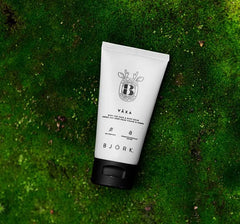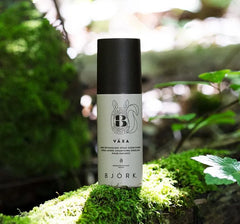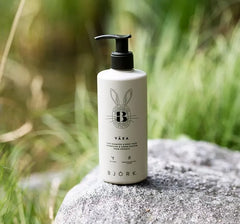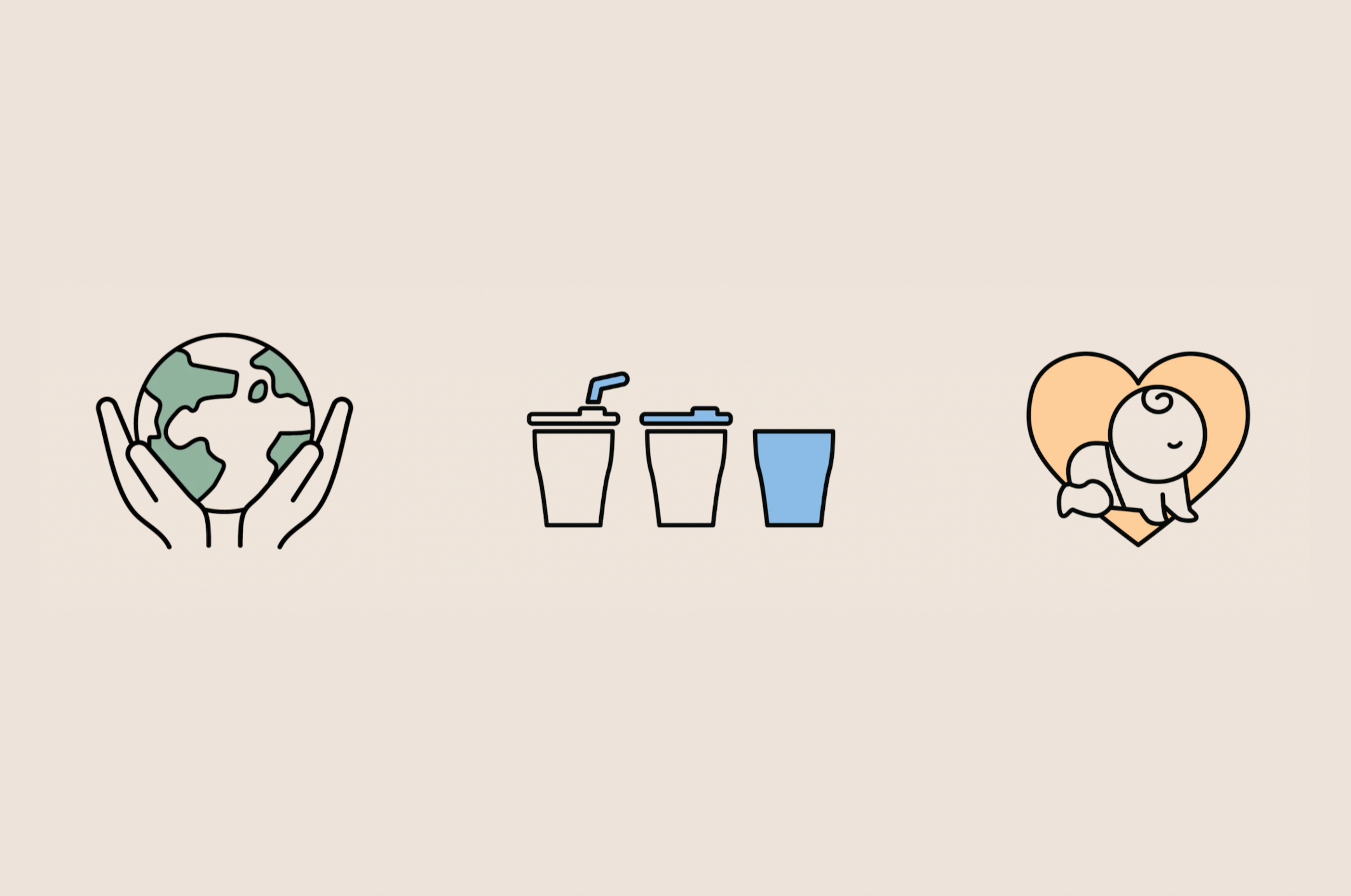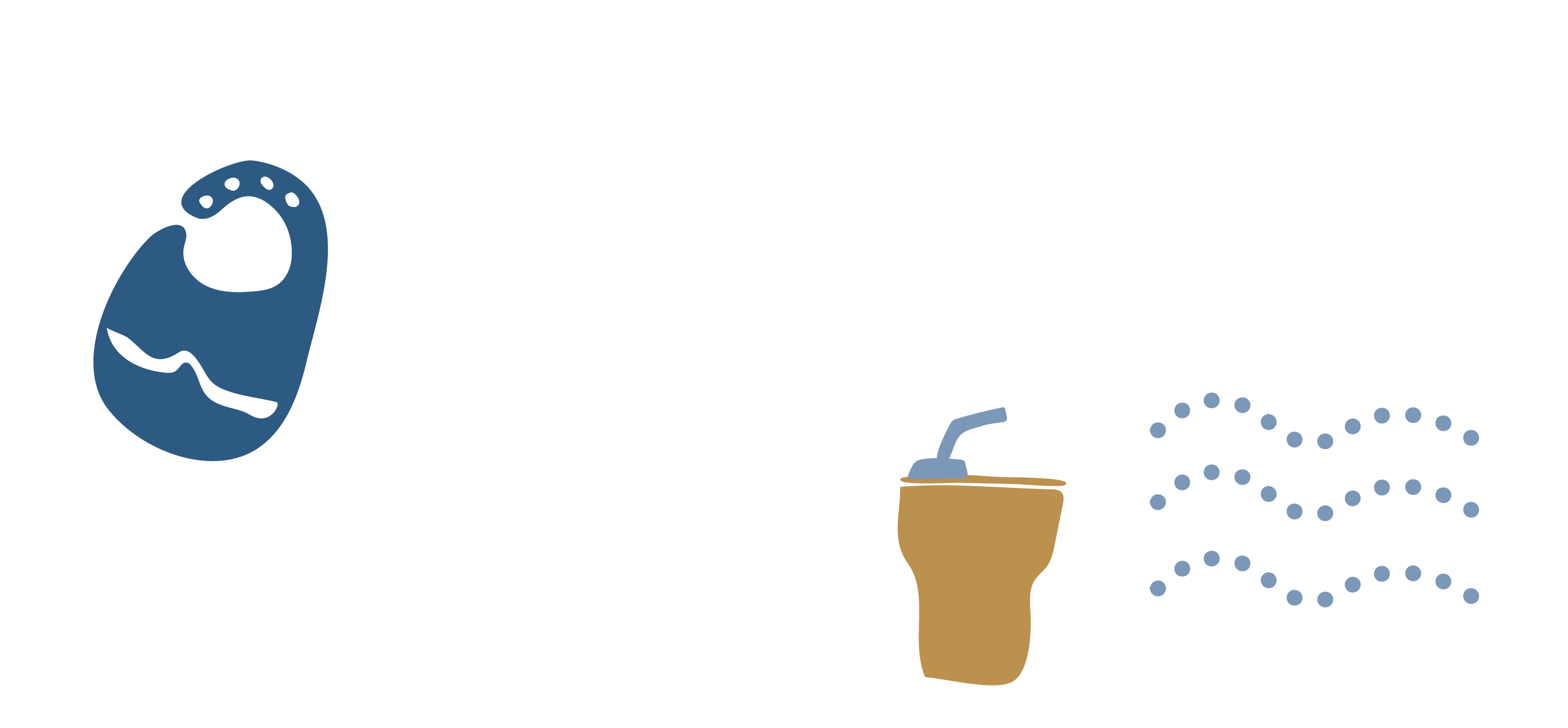Keep Sweden Tidy Foundation is a non-profit organization with the aim to get more people to stop littering. Miniware had the opportunity to talk to their experts about littering, how it affects the environment and how consumers should think about material and product choices in order to consume as environmentally friendly as possible.
What kind of litter do you see in Sweden today & how does it affect our environment?
Littering is one of the biggest social problems of our time. The garbage damages animals and nature, destroys the oceans, makes cities unsafe and costs society a lot of money - completely unnecessarily.
Keep Sweden Tidy has long worked with litter measurements as a method to reduce littering. During the summer of 2023, we carried out a national litter survey on behalf of the Swedish Environmental Protection Agency, which showed that 90% of litter in Sweden consists of disposable products and the most common litter is cigarette butts.
Plastic stands out in the results as it makes up 66% of the litter and is by far the most common. The most common category in plastics is cigarette butts, followed by flexible covers, e.g. packaging for sweets, ice cream and snacks as well as plastic-coated paper such as hamburger paper and wrapping paper.
It takes a long time for litter to disappear if it ends up in nature. The remains of plastic waste can remain for hundreds of years and first break down into so-called microplastics. How long it takes for the microplastics to disappear is disputed – if it even does.
Are there products & specific materials that are especially bad for our environment? How come?
Plastic in the ocean has received a lot of attention in recent years. Plastic is by far the most common litter found in the sea, where a large proportion is made up of single-use plastic products, i.e. a product that is made to be used only once, or for a short time, before it becomes waste. Scientists estimate that there are between 75-199 million tons of plastic in our oceans and every year more than 11 million tons are added.
A few years ago, EU decided on a new directive to reduce plastic in the oceans called the single-use plastics directive, which is a step towards a more circular economy. In Sweden, it began to apply in 2021 but will be implemented in different stages.
In the directive, measures have been developed, among other things, for the ten most common waste items in single-use plastic. Some products have major consequences for animals and nature when they become litter - such as long and narrow straws that can easily get stuck in, for example, the nose of an animal. Others, such as expanded polystyrene products, are difficult to recycle and fragment easily. At Keep Sweden Tidy, we have a very positive view of all countries in the EU working together to reduce marine litter through the single-use plastic directive.
How can we as consumers think before buying, regarding product & material selection and how should we think about recycling/to litter as little as possible?
The solution to the littering problem is not to clean up after an increasing production of disposable items but to reduce our consumption, reuse as much as possible and recycle the rest. As consumers, we can e.g. make an impact by choosing products that are made to last, and opting out of disposable items that often end up as trash. By choosing, for example, reusable mugs and lunch boxes even when shopping for take away is a way to further reduce the use of disposable products. From January 1st next year, those who currently serve food and drink in single-use packaging containing plastic must also be able to offer reusable options, which makes it easier to make sustainable choices.
It is also important that products are designed to be recyclable, such as that different materials are not mixed, which makes recycling difficult. About half of the plastic packaging that is source sorted today is designed to be able to be recycled. By making conscious choices, we as consumers can push for a change for the better.
More information about Keep Sweden Tidy and how you can make a difference:
https://hsr.se/keep-sweden-tidy-foundation
www.instagram.com/hallsverigerent
Miniware's promise to our customers
We work with sustainable materials
Free from BPA & chemicals. Focus on clean materials that are easier & better for the environment to recycle and plant-based & biodegradable products.

We support baby development & usage in several growing phases
That means less products in the landfill and more money in your wallet!



